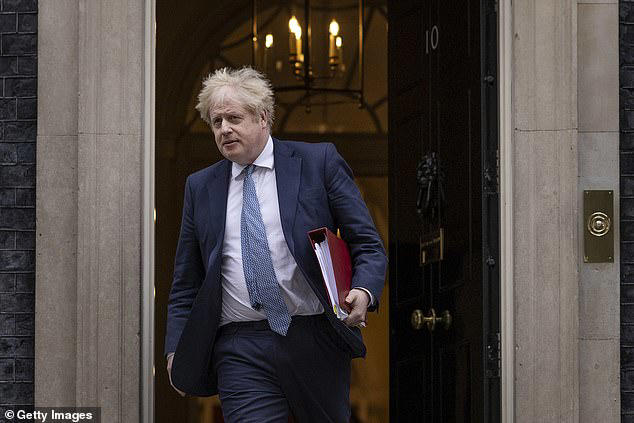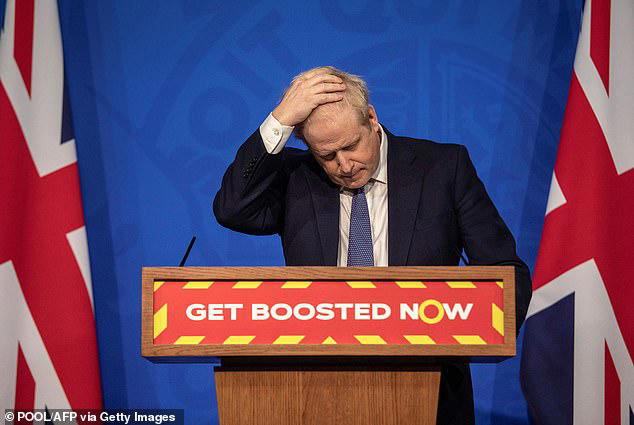Liberal London, from the battalions of Left-wing lawyers in the Inns of Court to the cultural revolutionaries and teenage pundits of the BBC, The Guardian and the Financial Times, must be drooling at the prospect of Boris Johnson's approaching appearance before the Covid Inquiry this week.
The man they loathe will be, they hope, in the dock of just such a political show trial as they would like to arrange for him. They must yearn for the power to convict him of conservatism and patriotism, and have him led away in handcuffs for these things, which they regard as offences.
Fortunately, as yet, they do not have such authority, though the Left in this country increasingly do wield the devastating power of cancellation through social media, which can destroy political careers and all too easily defeat conservative policies.
And of course they can damage reputations, such as Mr Johnson's, so badly that they find it hard to recover.
The Covid Inquiry so far has been oddly myopic and narrow, seemingly uninterested in even discussing the possibility that the Chinese-style policy of closing down the nation may have been excessive or even wrong. It has been fascinated, in a slightly maidenly way, with the rudeness which inevitably accompanies disagreement in high places, in an age heavily influenced by TV drama.
But now comes the moment when it can question the former Prime Minister himself (full disclosure: Boris Johnson is a columnist for our sister paper, the Daily Mail), the man accused of callously carousing while the country suffered and was confined to its homes in austere conditions.
He will also, no doubt, be accused of indecision, a curious charge when the Government was confronting a wholly new problem with weapons it had never used before, and there were significant divisions among its advisers – some of whom have themselves since changed their minds.
The whole point of the privacy of government meetings, at the time, is to allow those in power, and their advisers, to disagree, debate fiercely and so reach the best conclusion, without alarming the public. It is not a sign of weakness, or of indecision, to change your mind if the facts change or if the advice changes. On the contrary, it is a sign of an open and lively mind.
In any case, why exactly is Mr Johnson in trouble anyway? Britain's eventual Covid outcome was in fact not especially bad. It is impossible to prove that acting faster or more severely would have made this any better, and there is evidence from Sweden that it might have made things worse.
Many have now forgotten that, in the midst of the crisis and while at his post, he fell seriously ill and needed actual intensive care. The idea that, having had such an experience, he was ever thereafter frivolous about the disease or the reaction to it is surely absurd.
Boris Johnson has great comic talents, as we all know. But people should not make the mistake of thinking that he is therefore not a serious and thoughtful person. On the contrary, perhaps his greatest contribution to the resolution of the whole crisis was to take the decisions which led to the creation of an amazingly effective vaccine programme, far ahead of any other country.
Given what has happened since Mr Johnson left Downing Street, many, not just Tories, must be wondering what exactly the Tory Party thought they were doing when they ousted him in 2022. It is very possible that, after hearing him give his own account of his stewardship at the inquiry, many more will ask themselves the same question.




